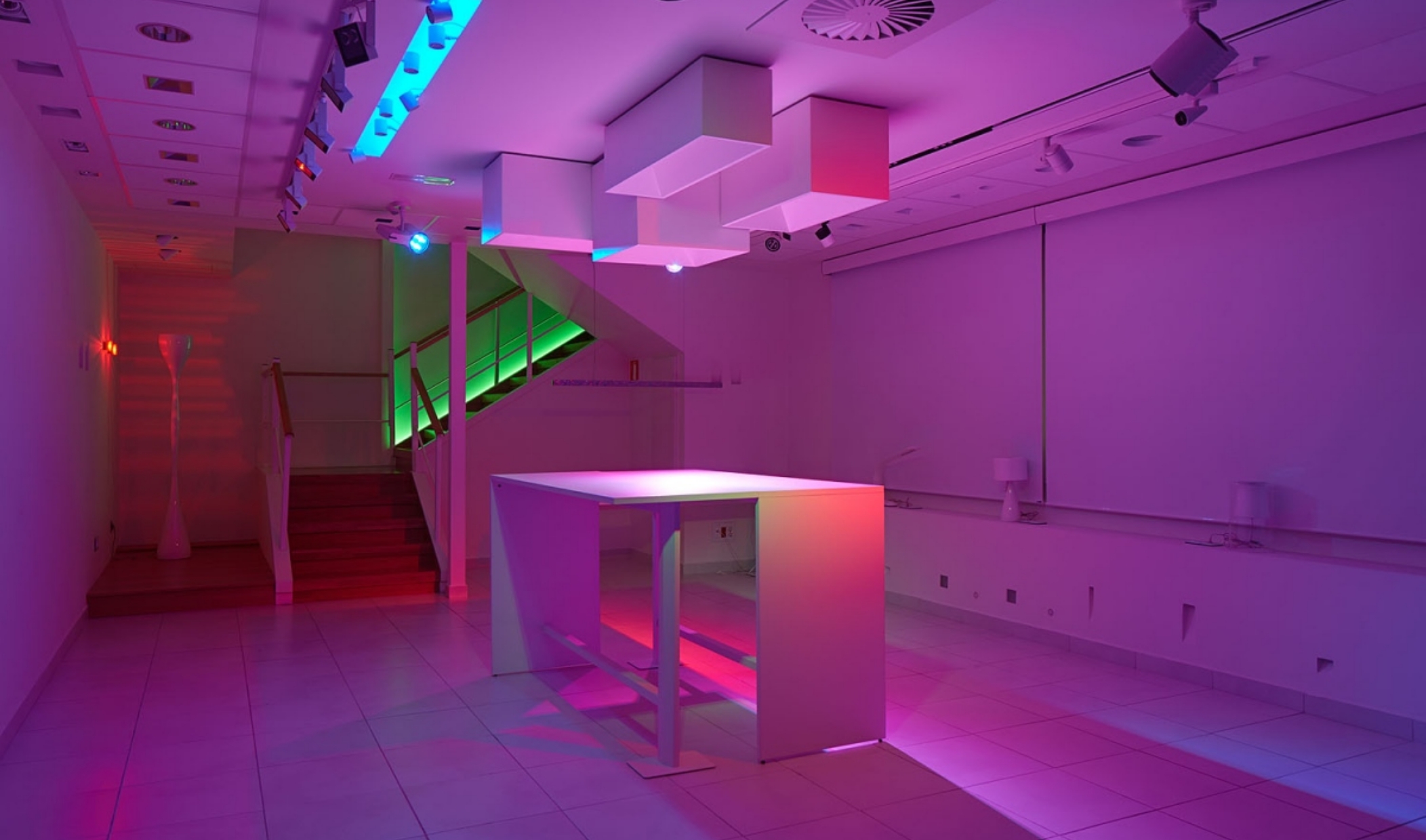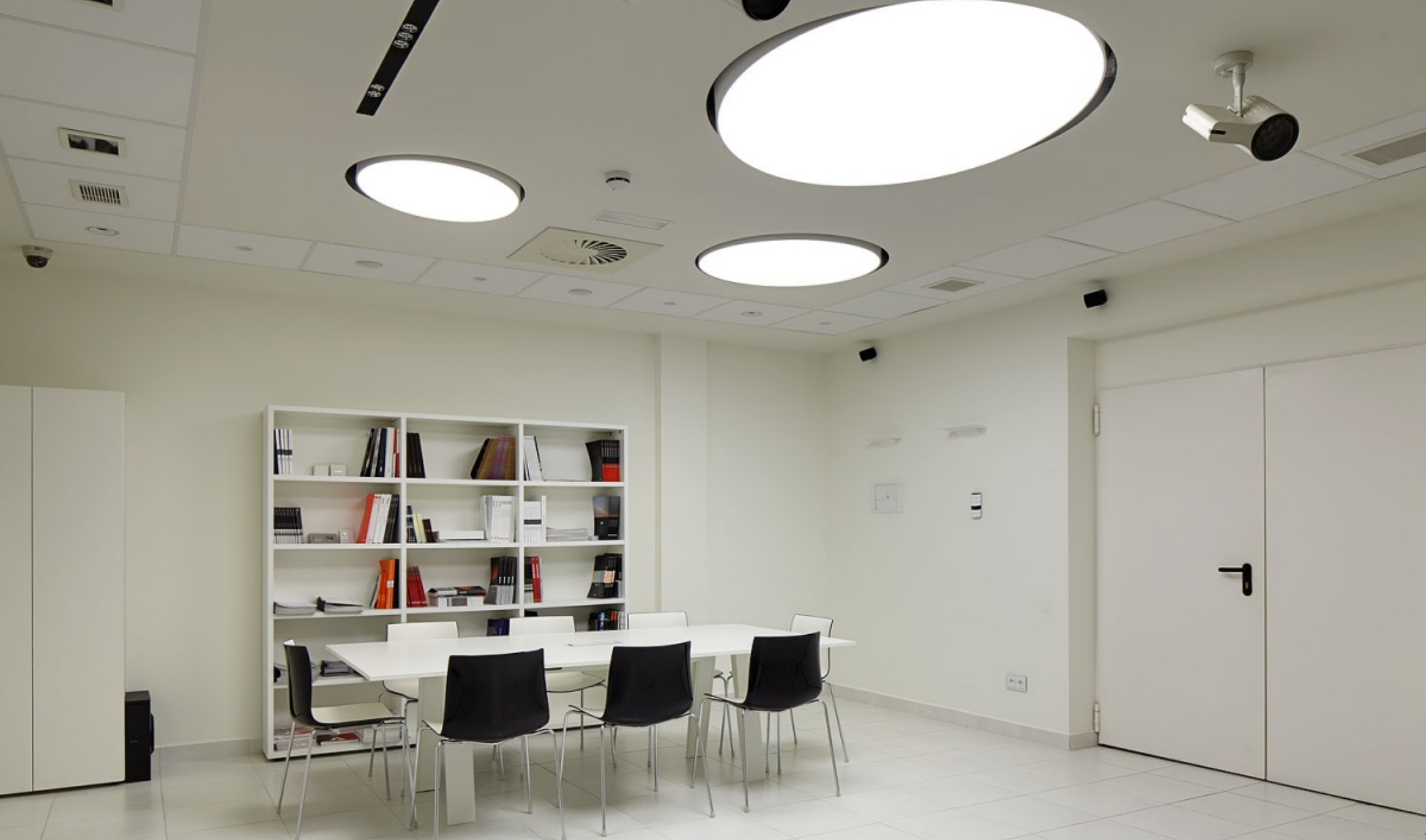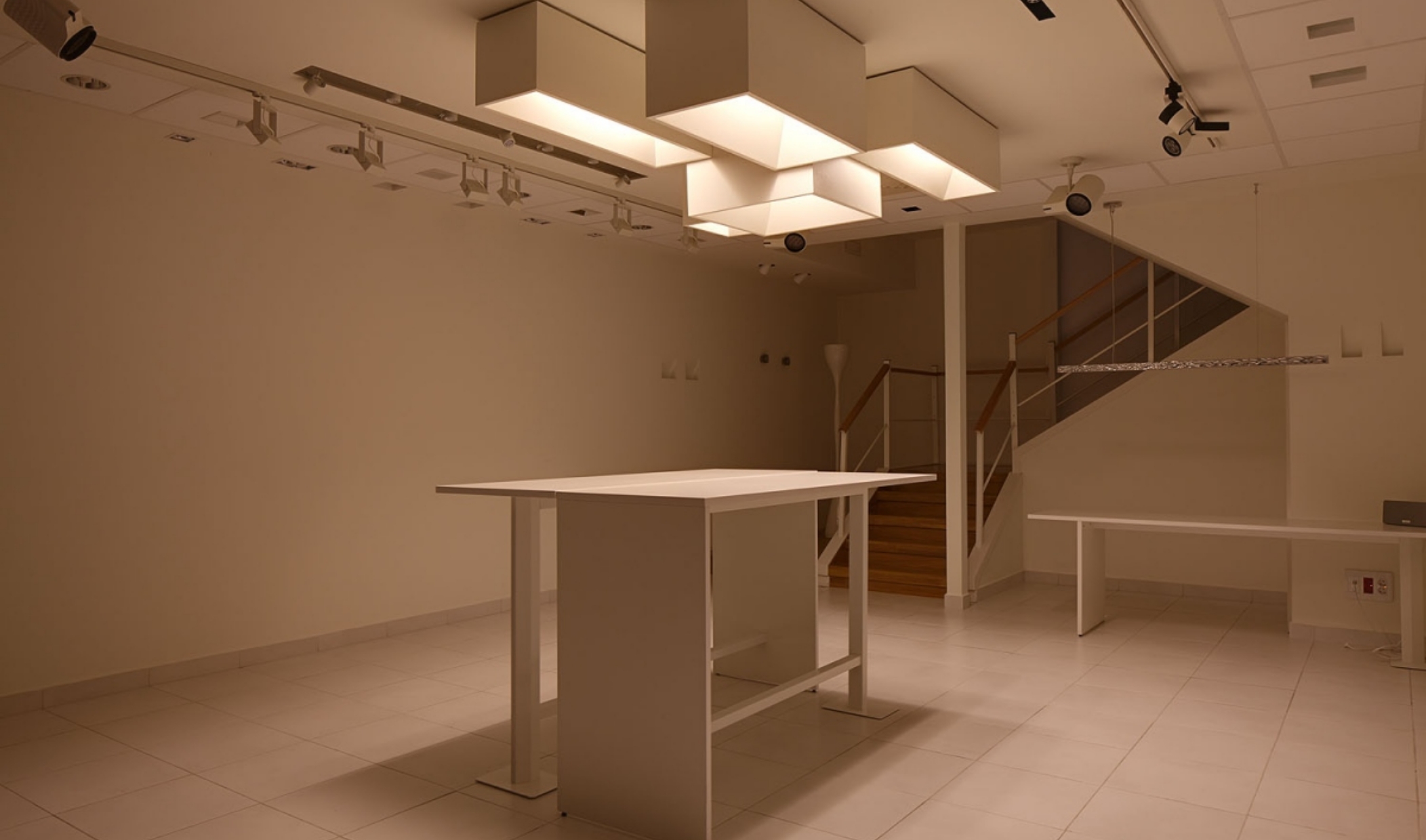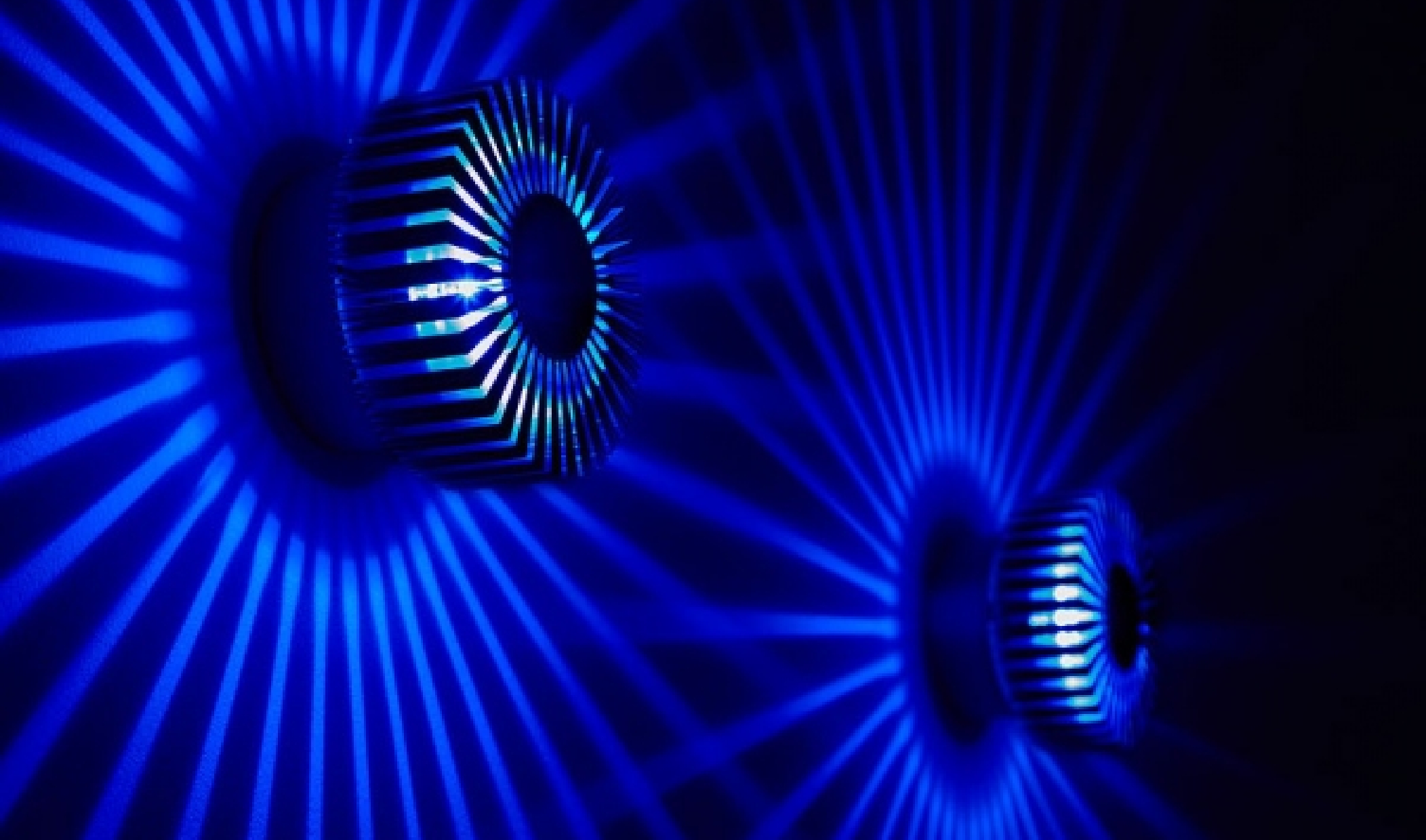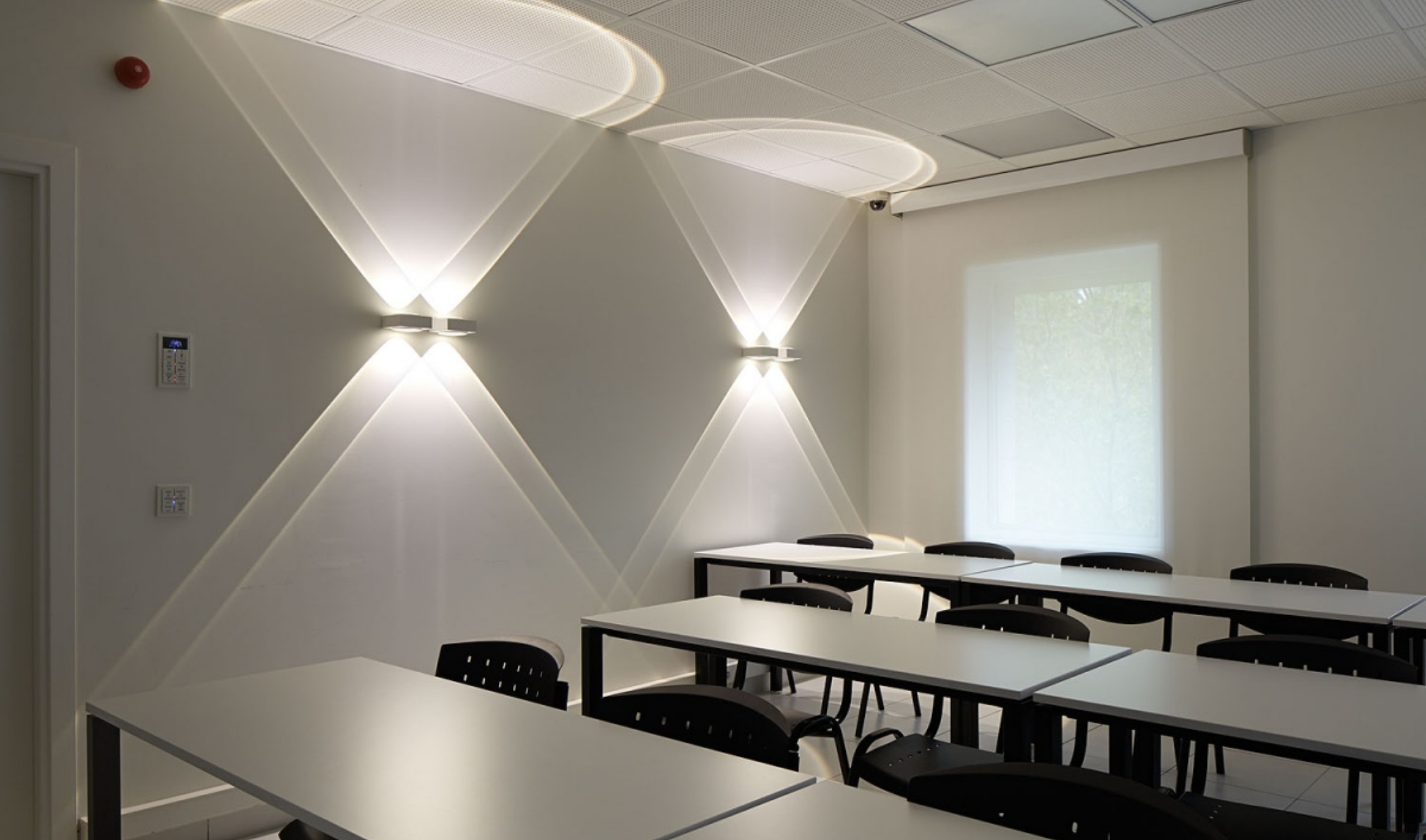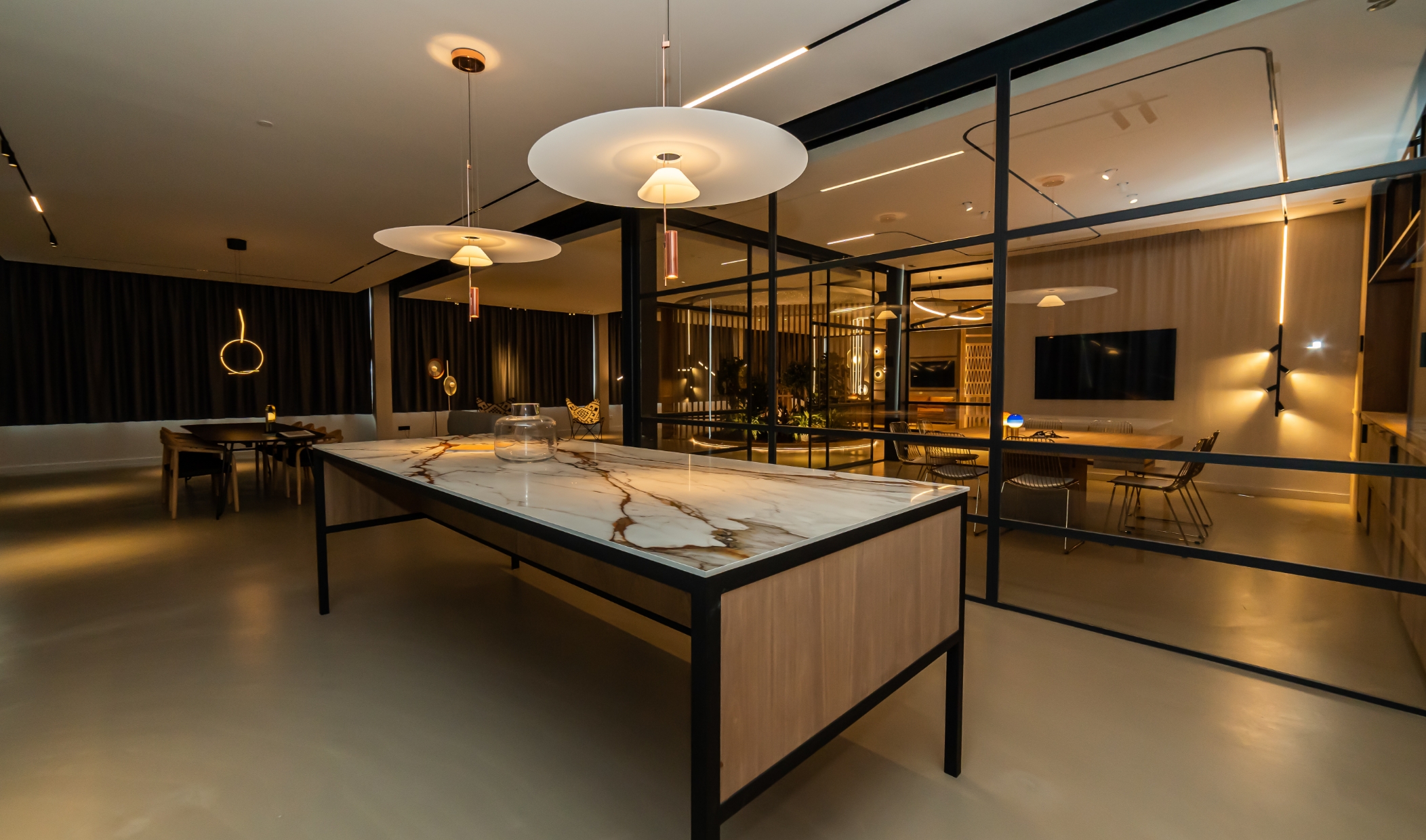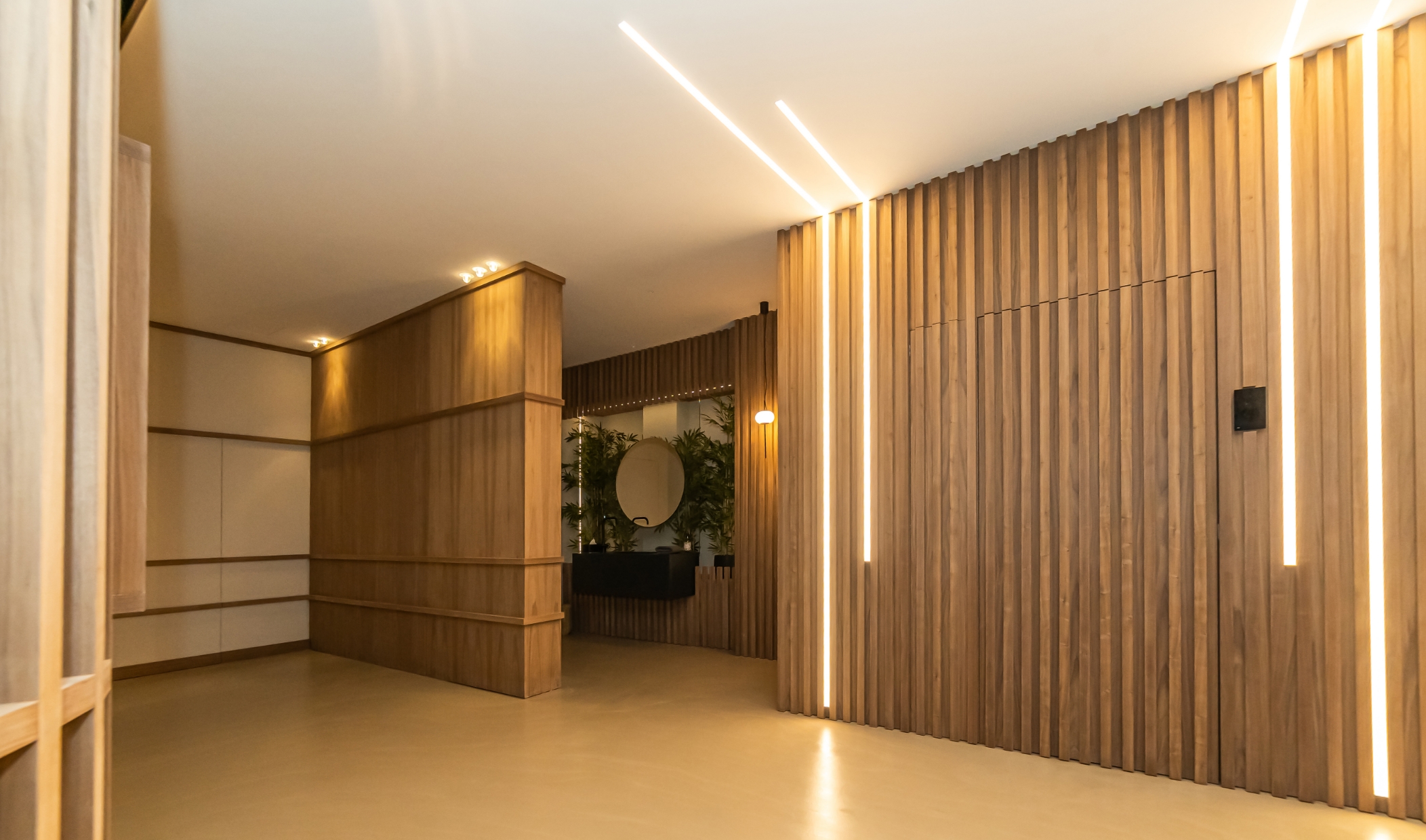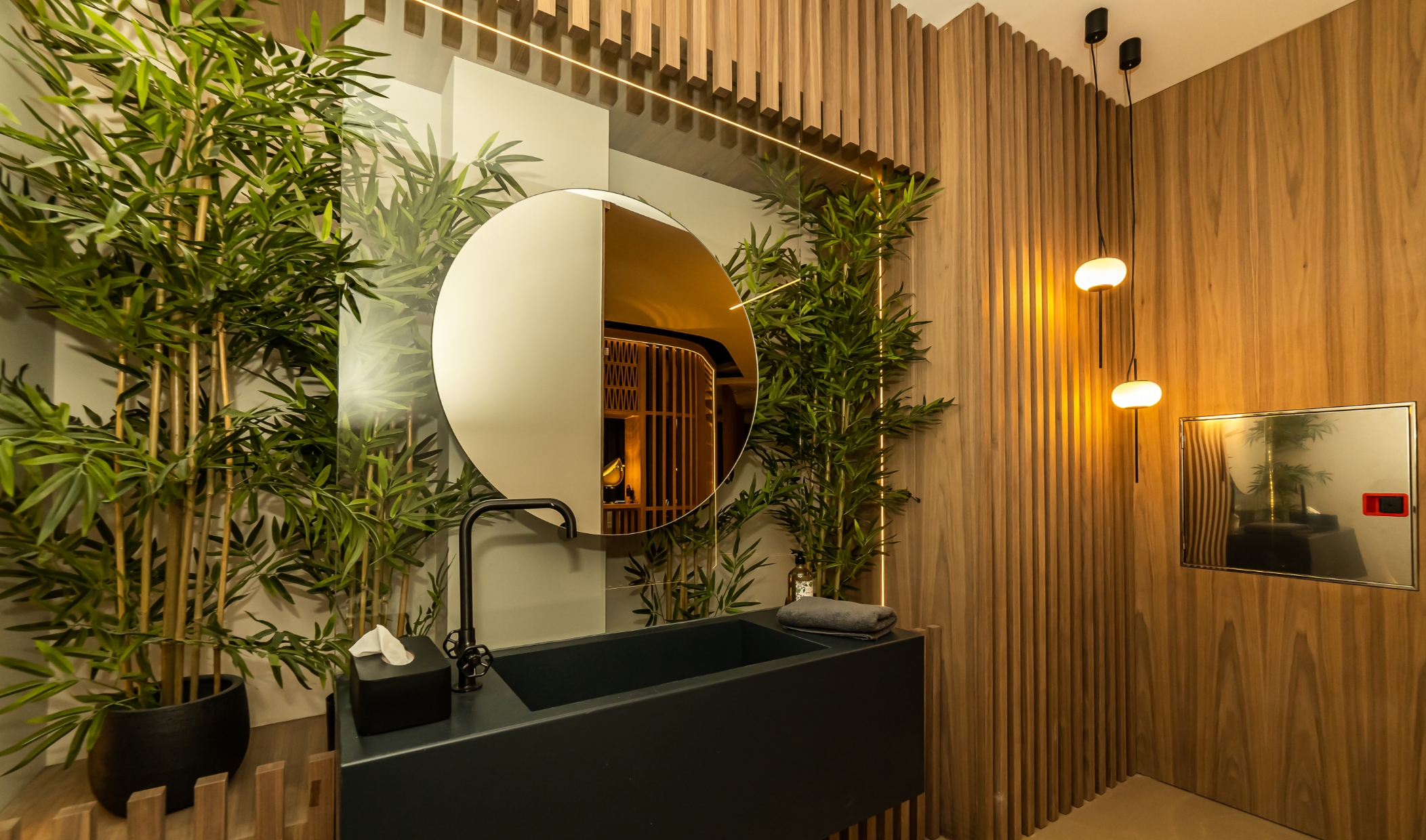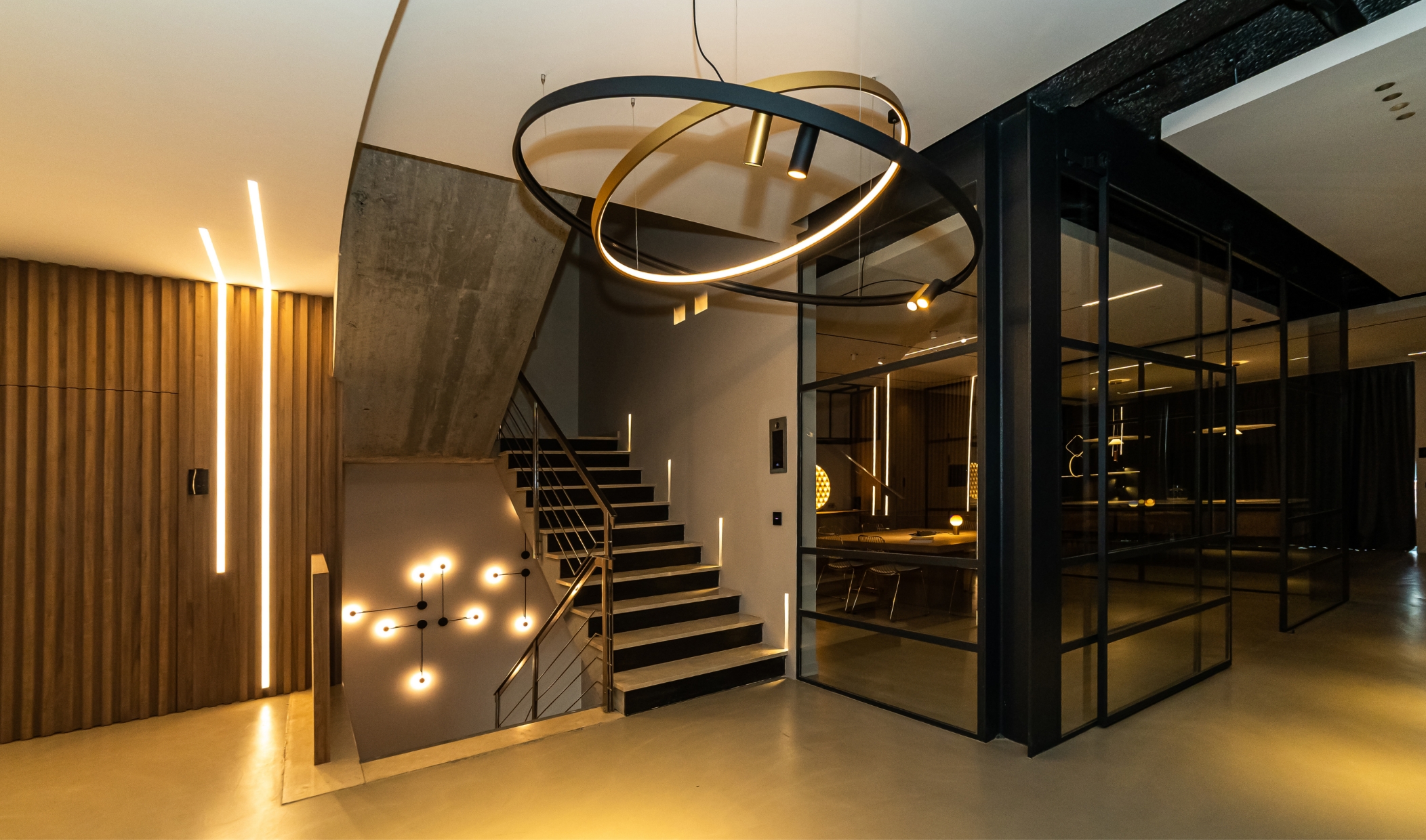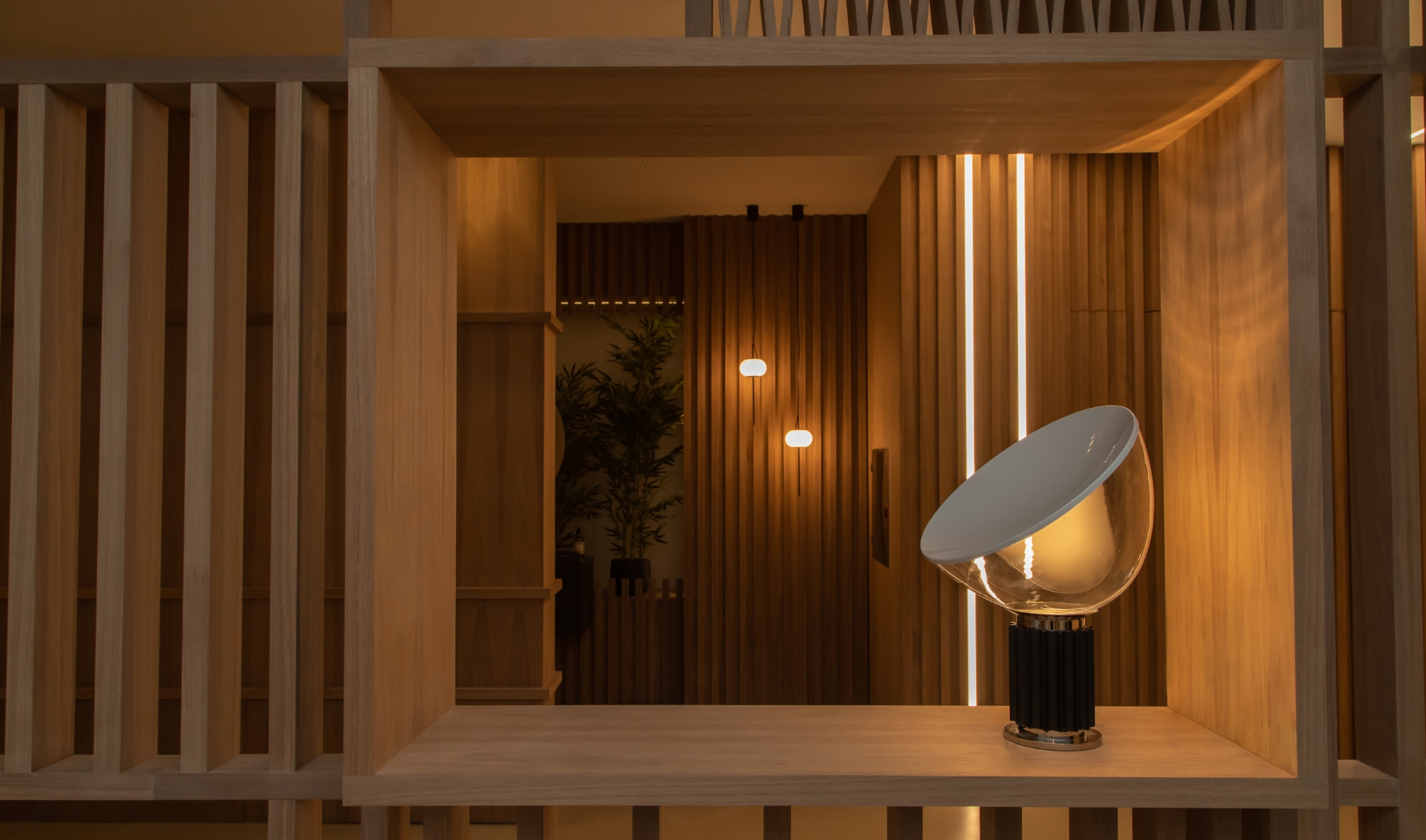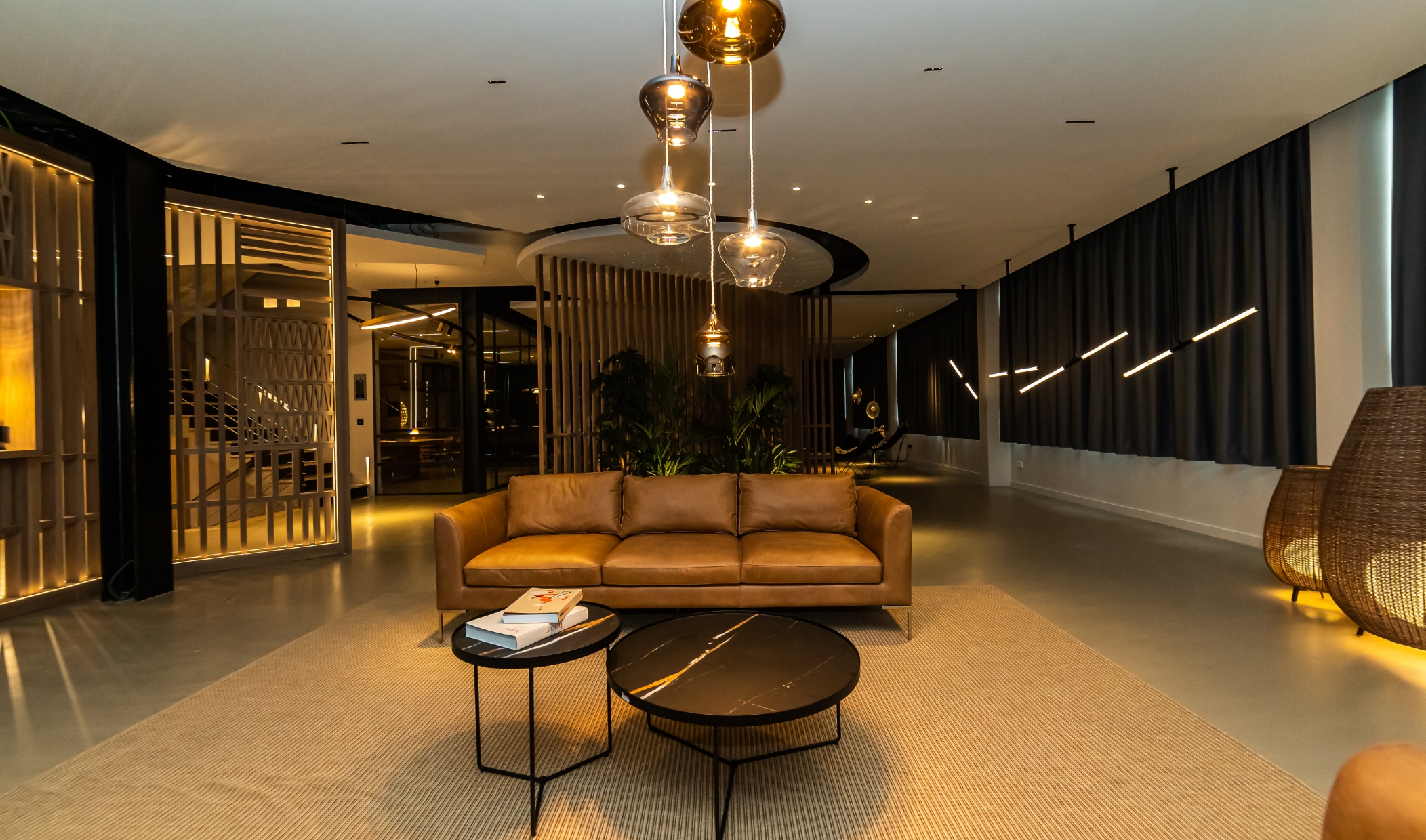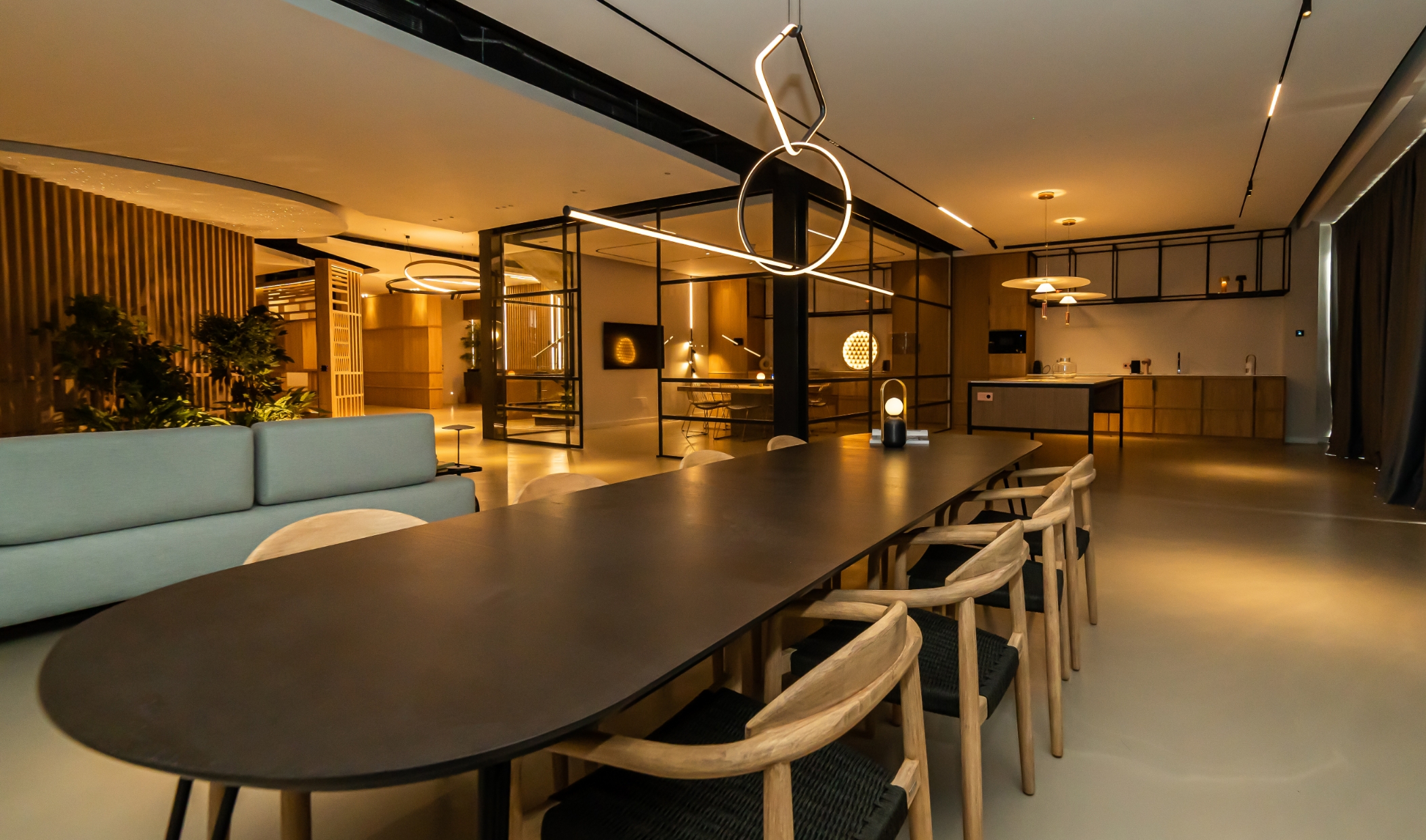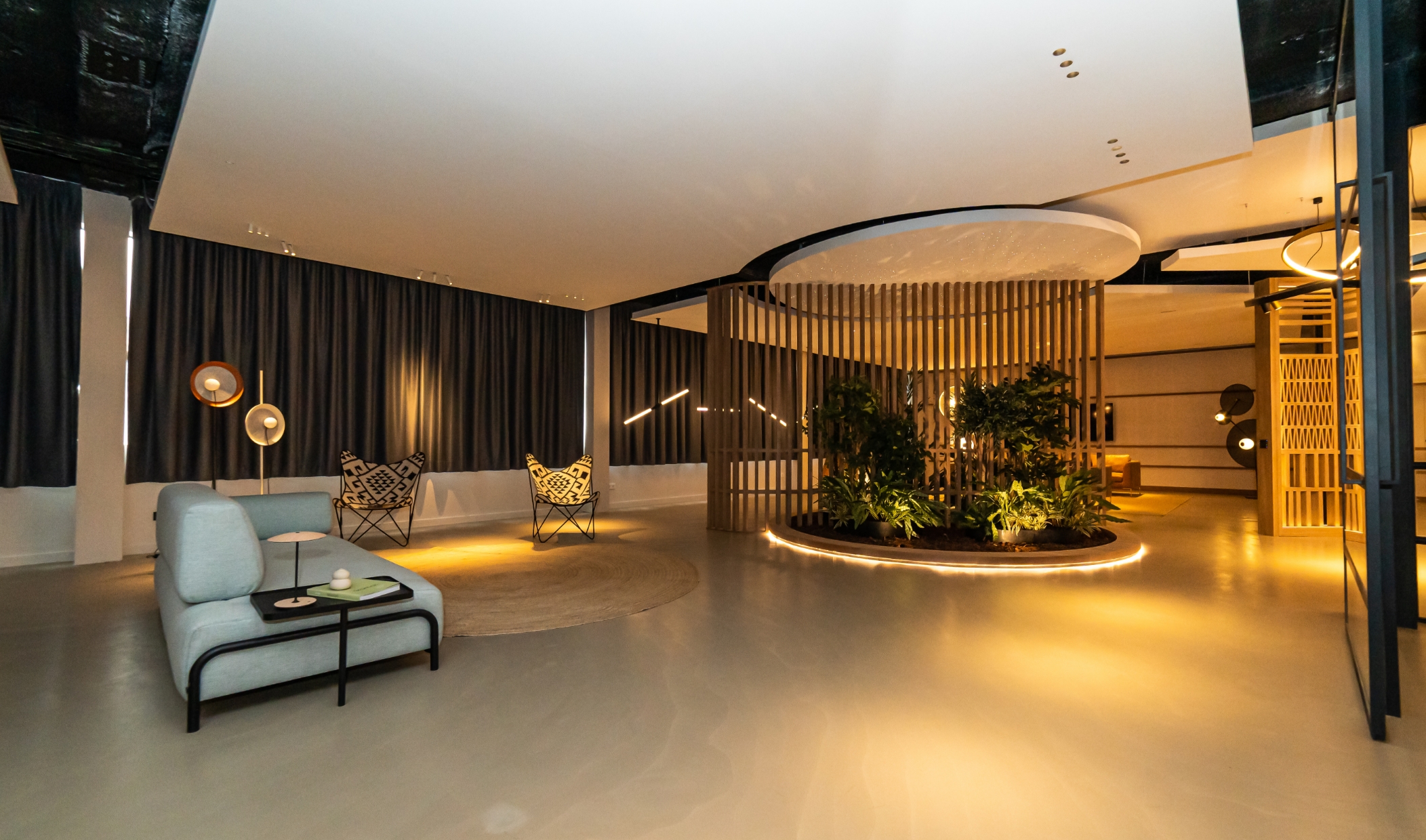
Where you will see with your own eyes that your project is possible
The Lifeevolution showrooms of Grupo Elektra are designed for you to live the experience of the solutions that will make your project come true.
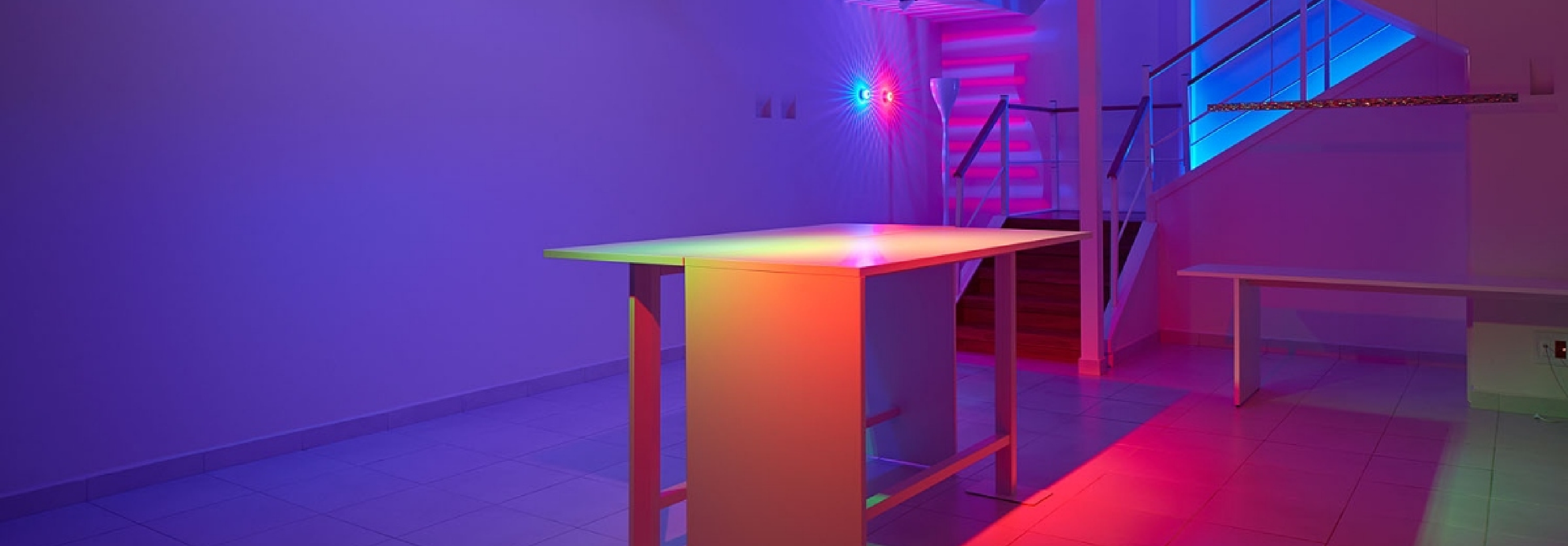
Access live and direct demonstrations and proof of concept

Lighting

Smart Home Control systems and home automation

Digital Industry
Request a guided tour at your nearest Lifeevolution
Pamplona
- Polígono Industrial Landaben, C/ K,
- 31012 Pamplona (Navarra)
- Tel. 948 28 60 02
- pamplona@elektra-sa.es
Mallorca
- Gremi de Forners, 31 (Poligono Industrial Son Castelló)
- 07009 Palma de Mallorca
- Tel. 971 25 60 85
- lifeevolutionmallorca@energema.com
Not a customer yet? Apply today!
Lifeevolution showrooms are one more advantage of being a Grupo Elektra customer. Do not hesitate, become a customer and improve your service and results.
Being a Grupo Elektra customer
